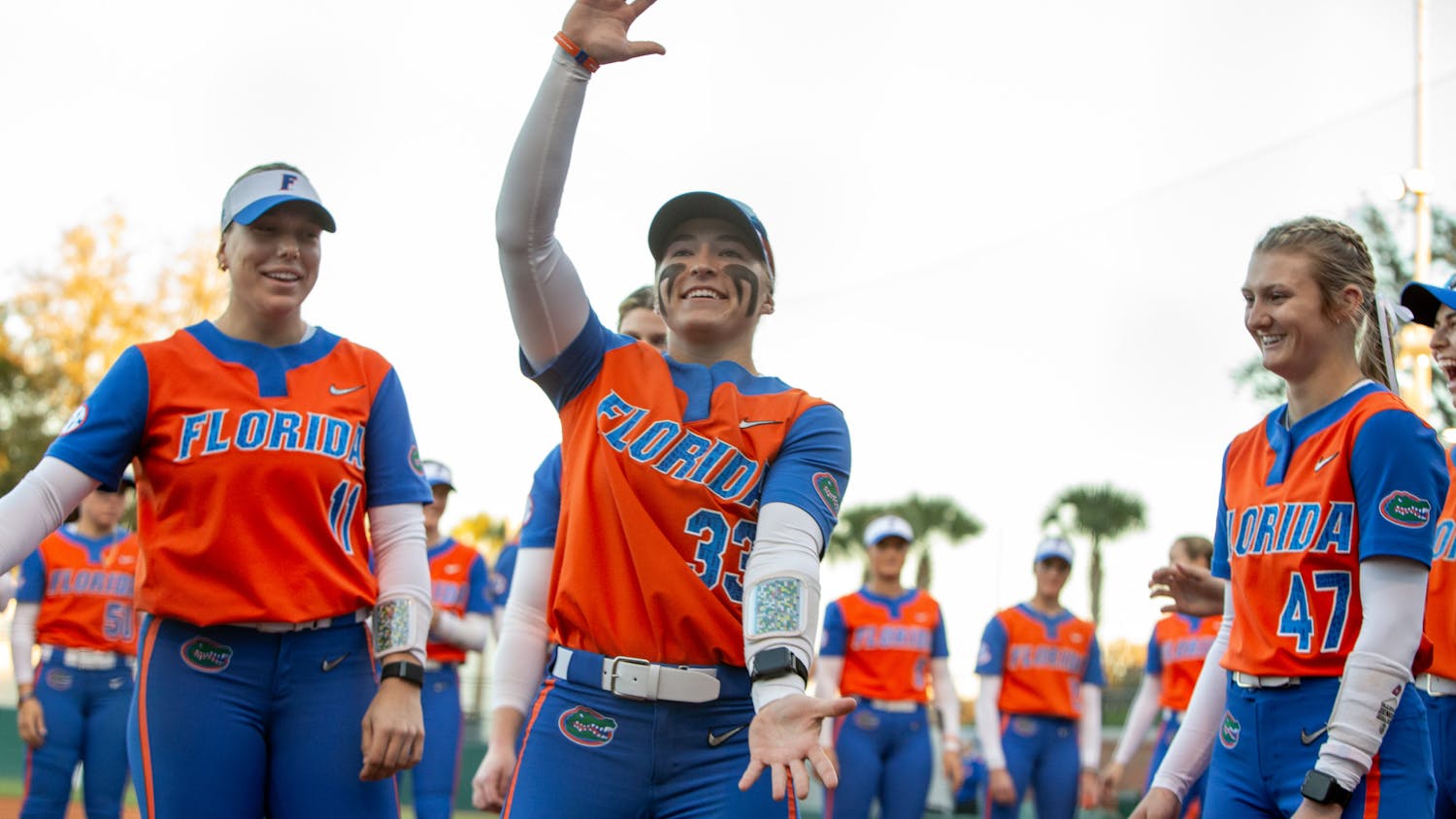In my three years at UF, diversity has been at the center of my experience. I participated in the Gatorship retreat my freshman year and learned how to make campus more inclusive.
At UF, we have an incredible range of diversity: religious, racial/ethnic, sex and gender identity, and nationality, just to name a few. These types of diversity stem from typically observable, easily recognizable characteristics.
Ask any student organization that promotes diversity to define what “diversity” is, and you’ll likely hear the term’s social definition: “different kinds of people.” They’ll typically give you the examples I’ve given: religion, race, ethnicity, gender, etc.
However, there is one category of diversity that is frequently not part of the conversation, a category into which I and many others fall: neurodiversity.
When I say the word “neurodiversity,” people chuckle. It’s a somewhat unusual word that almost sounds made up. People often give me a confused look because they have never heard the term. Neurodiversity often isn’t as observable as other forms of diversity, but it exists on the UF campus nonetheless.
Neurodiversity occurs in the mind and falls under the spectrum of “invisible disabilities,” which includes learning disabilities, autism spectrum disorders, developmental disorders, etc. We don’t often think about these conditions as part of the diversity conversation because we often think of disabilities as being visible.
I open this conversation of neurodiversity because I am a neurodiverse individual. I hope to use this opportunity to educate the UF community about the issues and struggles that I — and others like me — face on a regular basis.
I am a woman on the autism spectrum. My mind works differently than those of most other people.
Autism is a neurological disability, which means that it affects brain function.
I sometimes compare the differences between my brain and “normal” ones to those between a Mac and a PC. They essentially perform the same functions but in somewhat different ways. I hit some of life’s major milestones at different times than the average person. For example, I never lived away from home until my freshman year of college. Many others may have spent time away from home at a sleep-away camp when they were just 8 or 9 years old. Being on the autism spectrum means I sometimes miss social cues that might seem instinctual to most people. This does not make me — or any of my autistic or neurodiverse counterparts — a lesser person. We are members of a minority — one that often goes unnoticed and is invisible unless explicitly disclosed.
Neurodiversity is not a supported form of diversity on campus, nor are we often recognized as a distinct group of individuals. The Disability Resource Center provides us the academic support we may need to succeed, but it is not a center of culture like La Casita or the Institute of Black Culture.
There are also no student organizations comprised of neurodiverse individuals, people with disabilities or their allies. We go unnoticed until one of us speaks out about our status or supports a nonprofit that specializes in engaging with the neurodiverse.
I ask you not to discriminate or judge. I know I speak for others like myself when I say I have been treated differently or discriminated against because I am autistic and a neurodiverse individual. I am not a lesser person because of my challenges, no matter if they appear invisible to the uninformed or untrained eye.
The neurodiverse constitute a real minority. Unfortunately, the disabled community faces enough prejudice, pity and negative stigma as is. The failure to recognize and support neurodiversity only makes matter worse.
I ask for respect. And most importantly, I ask you treat me or any other individual with neurodiversity like anybody else — with kindness, respect and dignity. Your inclusion can make all the difference in my life or in somebody else’s.
Haley Moss is a senior psychology and criminology major at UF.
[A version of this story ran on page 7 on 9/2/2014 under the headline "Neurodiversity is diversity, too"]





